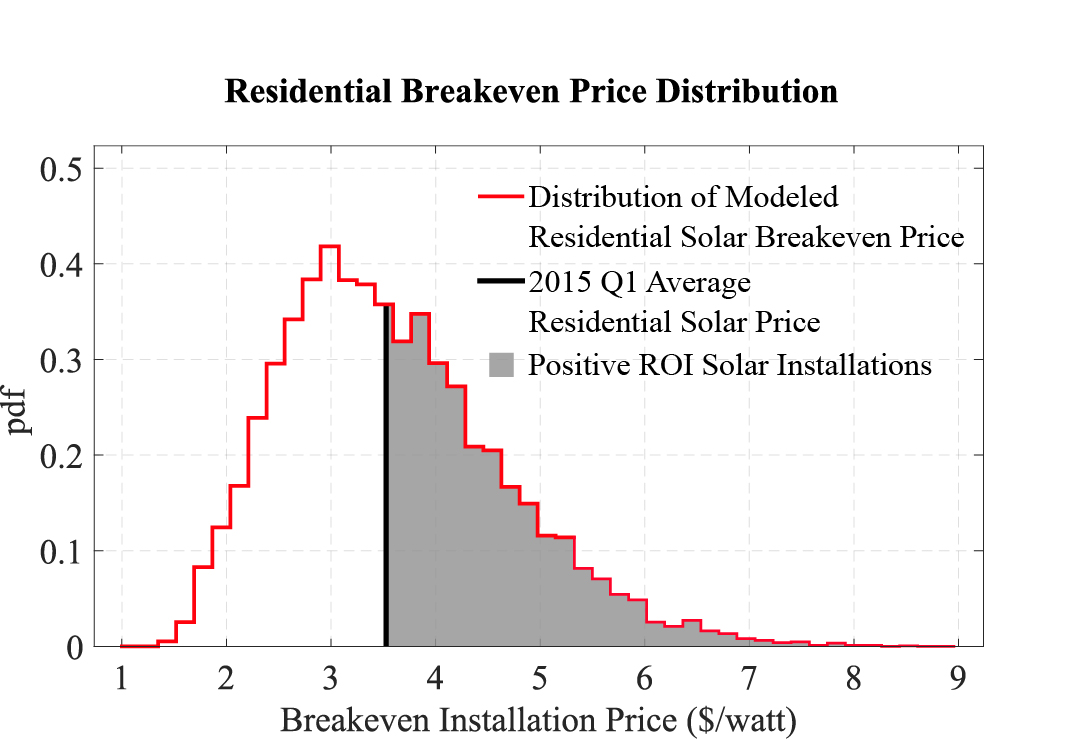End Of School Desegregation Order: A Turning Point In Education Equity

Table of Contents
The Legacy of Brown v. Board of Education and Subsequent Desegregation Orders
The Brown v. Board of Education Supreme Court case of 1954 declared state laws establishing separate public schools for black and white students unconstitutional. This landmark decision aimed to dismantle the system of racial segregation that had permeated American education for decades. However, the implementation of desegregation was far from straightforward. Various methods, including busing students across district lines and redrawing school boundaries, were employed to achieve racial integration.
While some regions witnessed significant progress towards integrated schools, many faced significant resistance. The process of desegregation was met with legal challenges, protests, and even violence. The long-term effects of segregation, including the creation of unequal educational resources and opportunities, continued to impact communities for generations.
- Successful Desegregation Efforts: Some cities, through proactive measures and community engagement, saw successful integration of schools, leading to improved educational outcomes for previously underserved students.
- Resistance to Desegregation: Massive resistance movements, including the closing of schools and the emergence of private academies, actively fought against desegregation efforts, hindering progress significantly.
- Long-Term Effects of Segregation: Generational disparities in wealth, access to quality education, and overall well-being are still directly linked to the legacy of segregation.
The Factors Leading to the End of Desegregation Orders
Several factors contributed to the weakening and eventual end of many desegregation orders. Legal challenges, shifting political landscapes, and changes in public opinion all played a crucial role. Court decisions increasingly limited the scope of desegregation mandates, leading to the re-segregation of schools in many areas.
- Key Court Cases: Cases like Milliken v. Bradley (1974) limited the ability of federal courts to mandate cross-district busing, significantly weakening desegregation efforts.
- White Flight: The phenomenon of "white flight," where white families moved from urban areas with integrated schools to suburban areas with predominantly white schools, contributed to the re-segregation of schools.
- Economic Factors: The economic disparities between different communities exacerbated the challenges of achieving and maintaining integrated schools. Funding inequalities often resulted in unequal educational resources and opportunities.
The Impact of the End of Desegregation Orders on Education Equity
The end of desegregation orders resulted in a significant re-segregation of schools across the United States. This re-segregation has perpetuated the achievement gap between different racial and ethnic groups, highlighting the ongoing struggle for education equity. Historically underserved communities continue to face disparities in school funding, teacher quality, and access to advanced courses.
- Resurgence of Segregation: Statistical data reveals a stark increase in school segregation since the decline of desegregation orders, with many schools returning to a predominantly single-race demographic.
- Disparities in School Funding and Teacher Quality: Schools in low-income communities, often with a higher concentration of minority students, consistently receive less funding and struggle to attract and retain highly qualified teachers.
- Continuing Need for Policies Promoting Education Equity: The persistent achievement gap necessitates a renewed focus on policies that address systemic inequalities and promote equitable educational opportunities for all students.
Addressing the Ongoing Need for Educational Equity
Addressing the legacy of segregation and achieving true educational equity requires a multi-pronged approach. Strategies must focus on improving school funding, enhancing teacher training, fostering diverse and inclusive school environments, and promoting community involvement.
- Successful Initiatives Promoting School Diversity and Inclusion: Programs that focus on creating diverse learning environments, mentoring programs, and culturally responsive teaching methods have shown promising results.
- Strategies for Improving School Funding in Underserved Communities: Equitable school funding formulas and targeted investments are vital to ensuring that all schools have the resources necessary to provide a quality education.
- Importance of Teacher Training in Culturally Responsive Pedagogy: Teachers need training and support to effectively teach diverse student populations and understand the cultural contexts of their students' lives.
Conclusion
The end of school desegregation orders represents a significant turning point in the American education system, with lasting consequences for education equity. The re-segregation of schools and the persistence of the achievement gap underscore the ongoing need for proactive policies and community engagement to dismantle systemic barriers to opportunity. Understanding the history of school desegregation and its ramifications is crucial to fostering a more equitable education system for all. We must continue the conversation around the end of school desegregation orders and actively support initiatives that promote educational equity, ensuring that all students have the opportunity to reach their full potential. Learn more about the history of school desegregation and become an advocate for policies that dismantle systemic inequities and create a truly equitable education system for every child.

Featured Posts
-
 Bbc Income Crisis 1bn Drop Sparks Unprecedented Challenges
May 03, 2025
Bbc Income Crisis 1bn Drop Sparks Unprecedented Challenges
May 03, 2025 -
 Alhjwm Alisrayyly Ela Qaflt Ghzt Tghtyt Ielamyt Erbyt Shamlt
May 03, 2025
Alhjwm Alisrayyly Ela Qaflt Ghzt Tghtyt Ielamyt Erbyt Shamlt
May 03, 2025 -
 1 Mayis Emekcilerin Muecadelesi Ve Tarihteki Arbedeler
May 03, 2025
1 Mayis Emekcilerin Muecadelesi Ve Tarihteki Arbedeler
May 03, 2025 -
 Macron Avertit Israel Contre La Militarisation De L Aide Humanitaire A Gaza
May 03, 2025
Macron Avertit Israel Contre La Militarisation De L Aide Humanitaire A Gaza
May 03, 2025 -
 Winter Storm Warning Four Or More Inches Of Snow Possible On Tuesday Extreme Cold To Follow
May 03, 2025
Winter Storm Warning Four Or More Inches Of Snow Possible On Tuesday Extreme Cold To Follow
May 03, 2025
Latest Posts
-
 A New Direction For Reform Why Farage Should Make Way For Lowe
May 04, 2025
A New Direction For Reform Why Farage Should Make Way For Lowe
May 04, 2025 -
 The Reform Party Needs New Leadership Why Rupert Lowe
May 04, 2025
The Reform Party Needs New Leadership Why Rupert Lowe
May 04, 2025 -
 Reform Party Leadership Change A Case For Rupert Lowe
May 04, 2025
Reform Party Leadership Change A Case For Rupert Lowe
May 04, 2025 -
 Dutch Utilities Explore Dynamic Pricing Based On Solar Energy Production
May 04, 2025
Dutch Utilities Explore Dynamic Pricing Based On Solar Energy Production
May 04, 2025 -
 Farage Vs Lowe The Future Of The Reform Party
May 04, 2025
Farage Vs Lowe The Future Of The Reform Party
May 04, 2025
